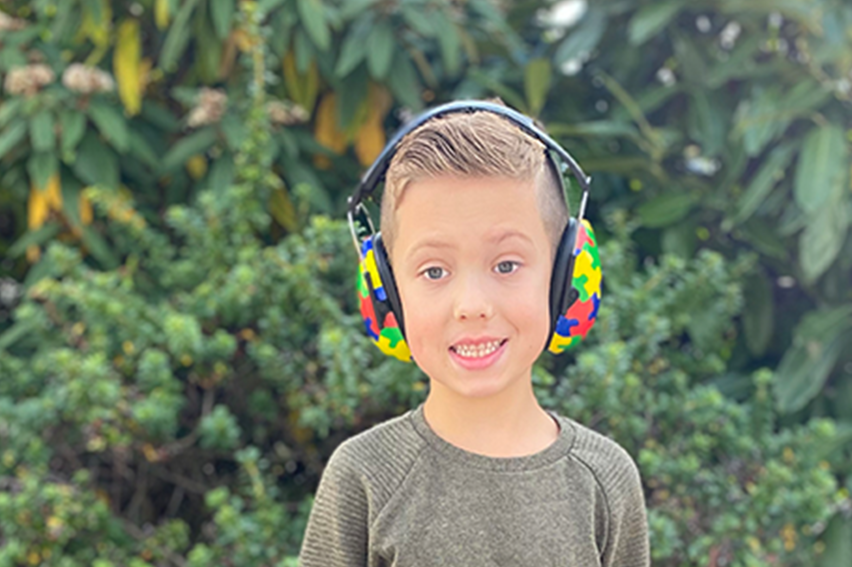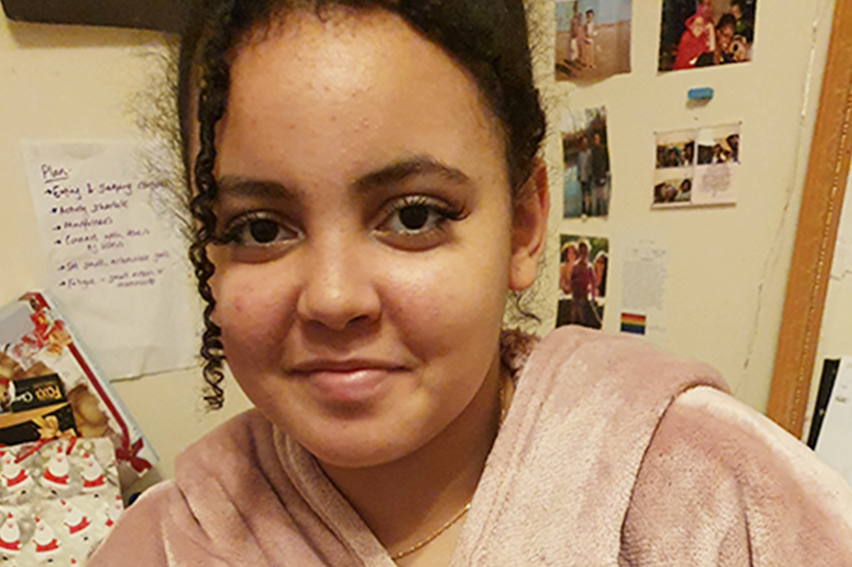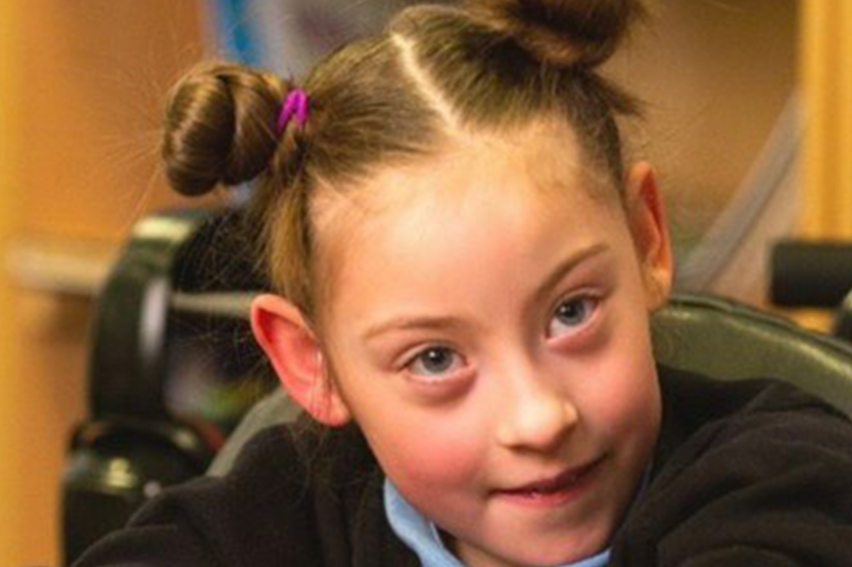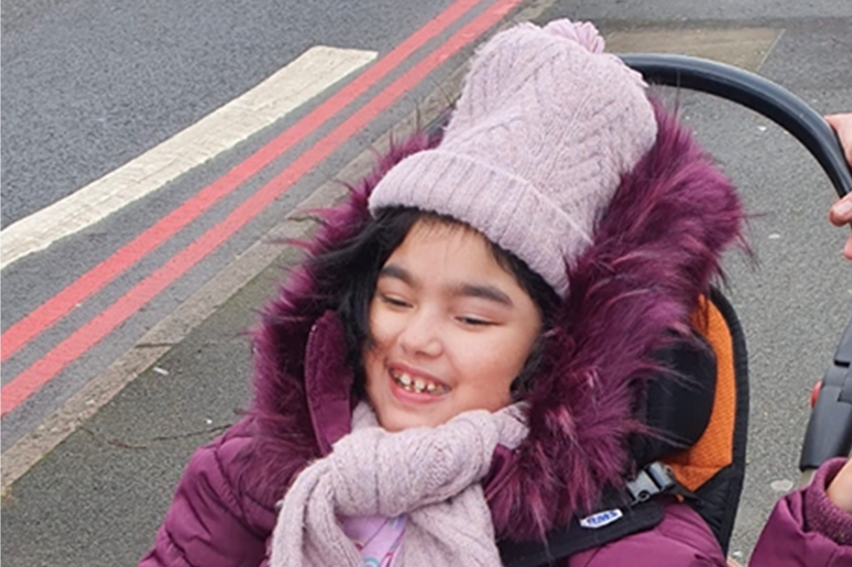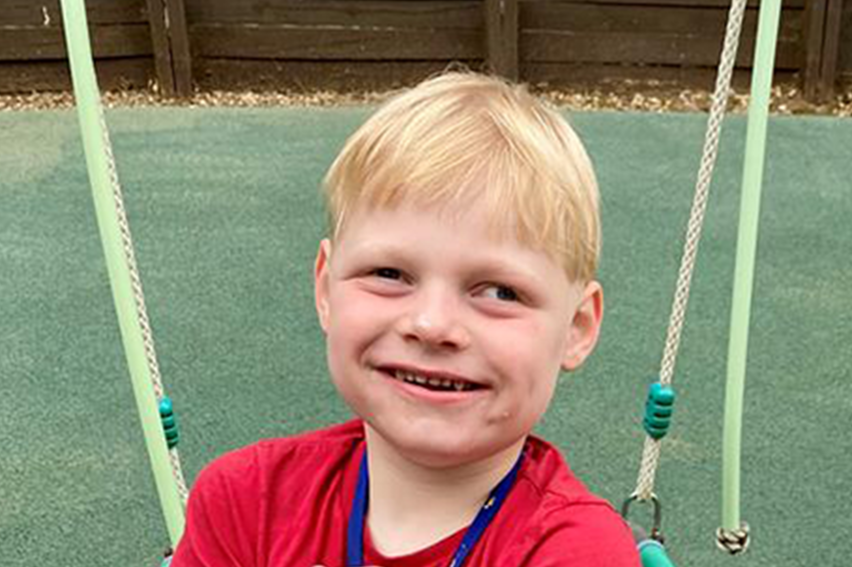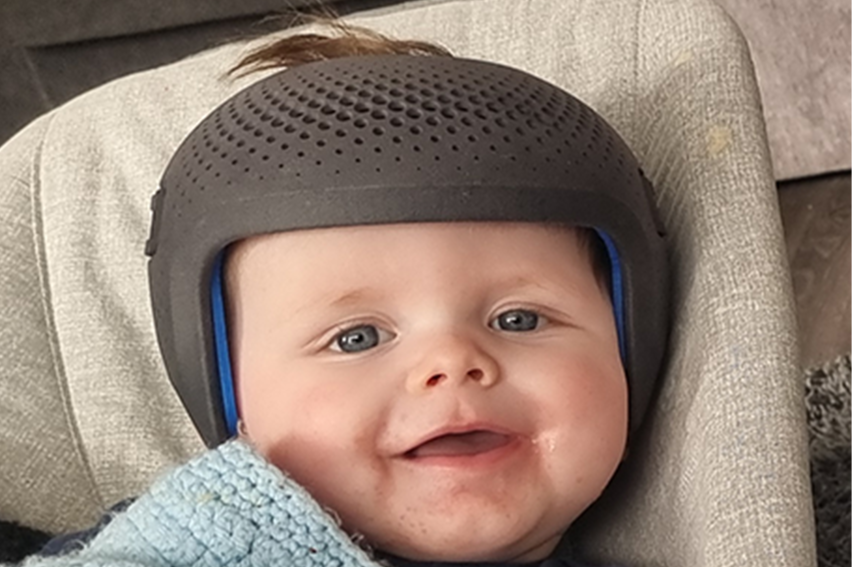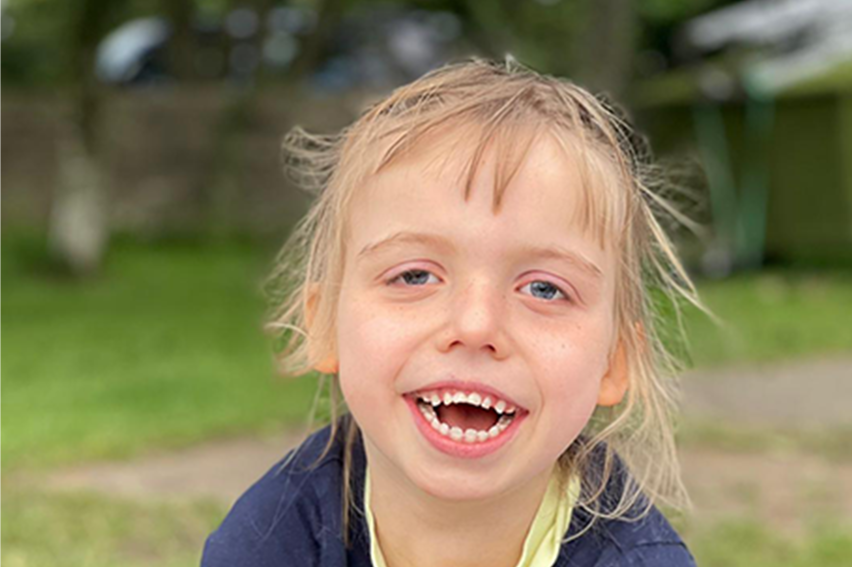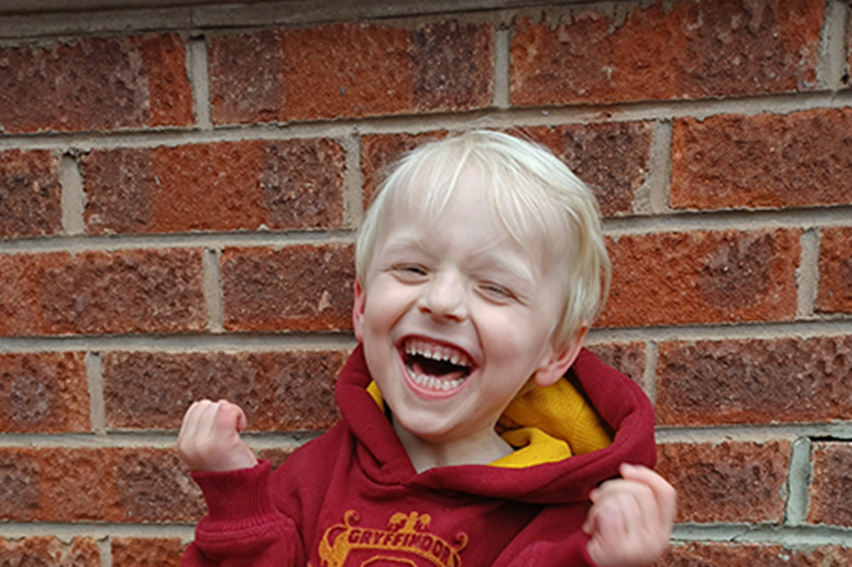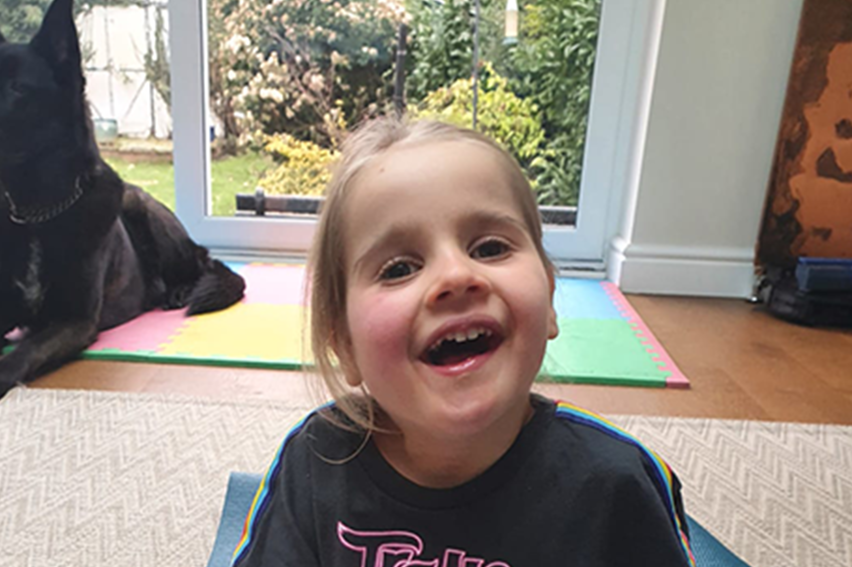Conditions
We help children and young people with a range of diagnosed health conditions. Find out about those we support here.
Conditions
Frequently asked questions
How can we help you?
What are Tree of Hope's support limitations?
- We will pay up to £500 for an initial assessment if there is a pre diagnosis confirmed.
- We can reimburse for any costs when you are due to travel so you are able to book the most suitable travel and accommodation that suit your family’s needs.
- We cannot pay for anything available to your child elsewhere, for example from the NHS or Social Services.
- We do not support funding towards holidays or breaks.
My child's condition isn't listed, can you still help?
Yes. We recognise there are many different healthcare conditions, some lesser known than others, so please give the team a call to discuss your circumstances and we will be very happy to help and work with you.
Are there any conditions or treatments Tree of Hope doesn't support?
- We don't support ABA Therapy, a therapy associated with the management of Autism.
- We don't support Cell Therapies, also known as Stem Cell therapies, unless part of a clinical trial in the UK or abroad. We work closely with the UK Stem Cell Foundation and are kept up-to-date of developments within this area.
